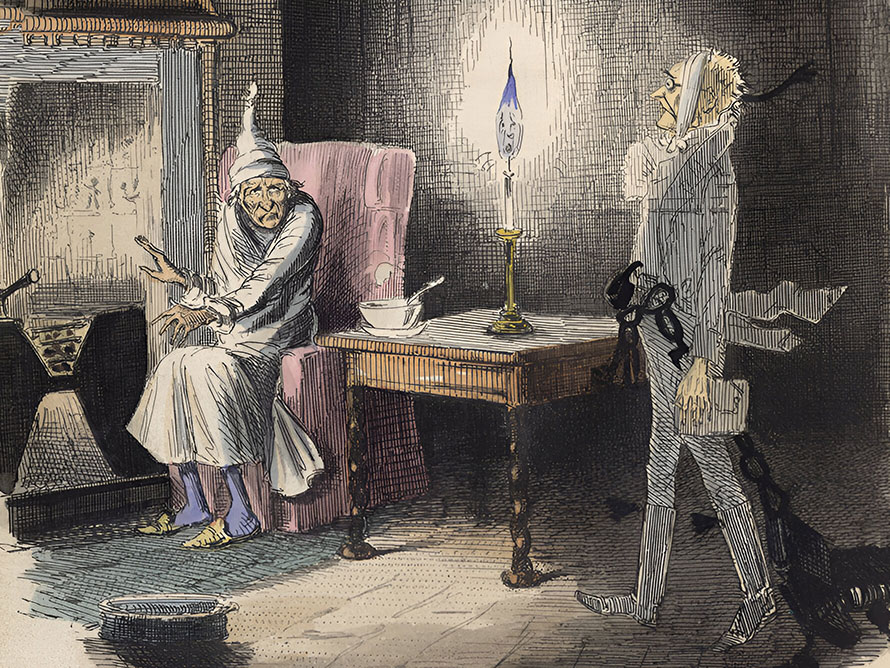A Christmas Carol was Charles Dickens' attempt to cash in on the holiday spirit. He wrote the novellaA long short story or short novel. in 1843 when he was short of money and in a row with his publisher. And yet, because he encapsulatedCaptured. that spirit so perfectly, the tale of Ebeneezer Scrooge’s change of heart has become a Christmas classic. It begins on a cold Christmas Eve, when Scrooge, a man who hates Christmas, charity, and other people, is visited by three ghosts. The ghosts – of Christmases Past, Present, and Future are there to help him see the error of his ways. They take him back to visit his past regrets; then to see his clerk Bob Cratchitt, who keeps up the spirit of Christmas even though he struggles with poverty; and finally to see how little people will care about him after he dies. Scrooge repentsFeel very sorry for a bad thing you have done in the past. , and embraces the spirit of Christmas, buying a Christmas turkey for the Cratchitt family’s Christmas dinner and offering Bob a better salary. Thanks to his haunting, he becomes “as good a friend, as good a master, and as good a man, as the good old city knew.”
A Christmas Carol

Glossary
Novella - A long short story or short novel.
Encapsulated - Captured.
Repents - Feel very sorry for a bad thing you have done in the past.
Victorian - The era when Queen Victoria was on the British throne, from 1837 to 1901.
Redemption - Being saved from sin or evil, or doing good to make up for doing something wrong.
Incessant - Something harmful or annoying that never seems to stop.
Penitence - Repentance, or feeling sorry for past wrongdoings.
Miser - Somebody who saves as much as possible and spends as little as they can.
Almshouse - A house, provided by a charity, where people in poverty can live. They date back to medieval times.
Allegory - A story or poem that has a hidden moral or political meaning.

